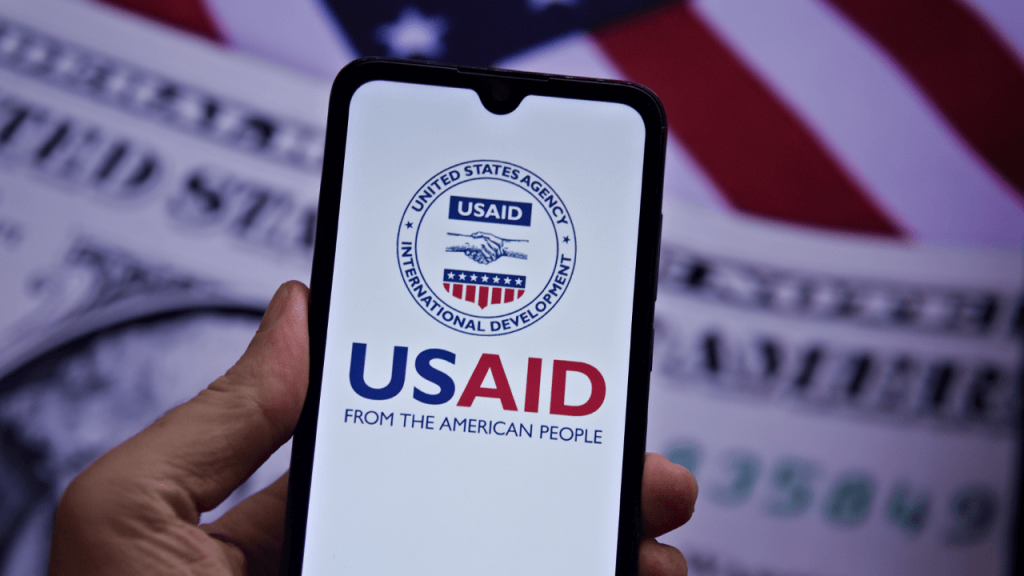Title: Trump Administration’s Proposal for USAID Overhaul: Blockchain Technology in Procurement
The Trump administration is exploring significant reforms to the U.S. Agency for International Development (USAID), aiming to enhance its operational efficiency and transparency. A leaked document within the State Department reveals plans to integrate blockchain technology into USAID’s procurement processes. This initiative seeks to address long-standing critiques of the agency’s transparency and accountability while embracing modern technological advancements.
Revamping USAID with Blockchain: Key Objectives
At the heart of this proposal is the desire to revitalize USAID to better fulfill its mission of delivering foreign aid effectively and transparently. The incorporation of blockchain technology is expected to streamline procurement, making transactions more efficient and secure. By utilizing a decentralized ledger system, the administration hopes to enhance the traceability of funding and resources, thereby mitigating corruption and increasing public trust in the agency’s activities.
The Role of Blockchain Technology
Blockchain technology has gained prominence in various sectors for its ability to ensure secure and transparent transactions. In the context of USAID, blockchain offers a secure framework where contracts, bids, and expenditure data can be recorded immutably. This not only fosters accountability but also simplifies audits and assessments of procurement practices. By creating a transparent, real-time overview of fund allocation, the proposed changes could significantly reduce mismanagement and enhance the integrity of the aid distribution process.
Addressing Challenges in Procurement
Historically, the procurement process at USAID has faced criticism for lack of transparency, leading to concerns about inefficiency and potential misappropriation of funds. This overhaul aims to address these perennial issues by implementing blockchain solutions that can track and verify all stages of procurement. This change is crucial as it promotes a culture of openness where stakeholders can monitor fund flows and project outcomes, paving the way for more effective governance in international aid.
Anticipated Impacts on USAID Operations
The incorporation of blockchain is poised to have several positive ripple effects on USAID’s operations. By promoting transparency, the administration aims to foster stronger partnerships with local governments, NGOs, and other stakeholders involved in international development. Additionally, a more efficient procurement process could lead to cost savings, enabling USAID to direct more resources towards critical development programs. The proposal’s adoption could also enhance USAID’s global standing, positioning it as a leader in utilizing innovative technologies in governmental operations.
Future Considerations and Potential Risks
While the prospective benefits of integrating blockchain into USAID procurement are considerable, the implementation of such technology also comes with its unique challenges. Concerns regarding the technological infrastructure, cybersecurity, and the training of personnel to effectively use blockchain must be addressed. Establishing robust protocols for data privacy and protecting sensitive information is crucial in ensuring the security of the agency’s operations. As the proposal progresses, these challenges must be carefully navigated to realize the full potential of blockchain technology in enhancing USAID’s mission.
Conclusion: A Transformative Step for USAID
The Trump administration’s proposal to overhaul USAID by leveraging blockchain technology represents a bold step towards modernizing government operations and enhancing accountability in foreign aid. By promoting a transparent and efficient procurement process, the initiative could significantly improve the agency’s efficacy and public confidence. As discussions on the proposal unfold, the emphasis on ensuring secure and transparent transactions will be central to the successful transformation of USAID’s operations, ultimately contributing to more impactful international development initiatives.


